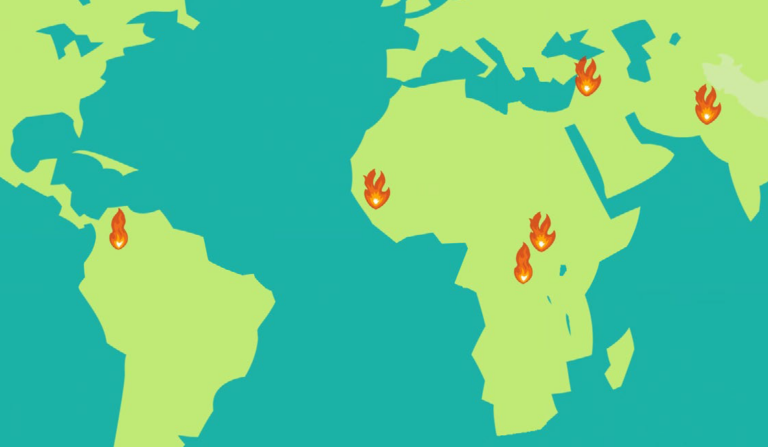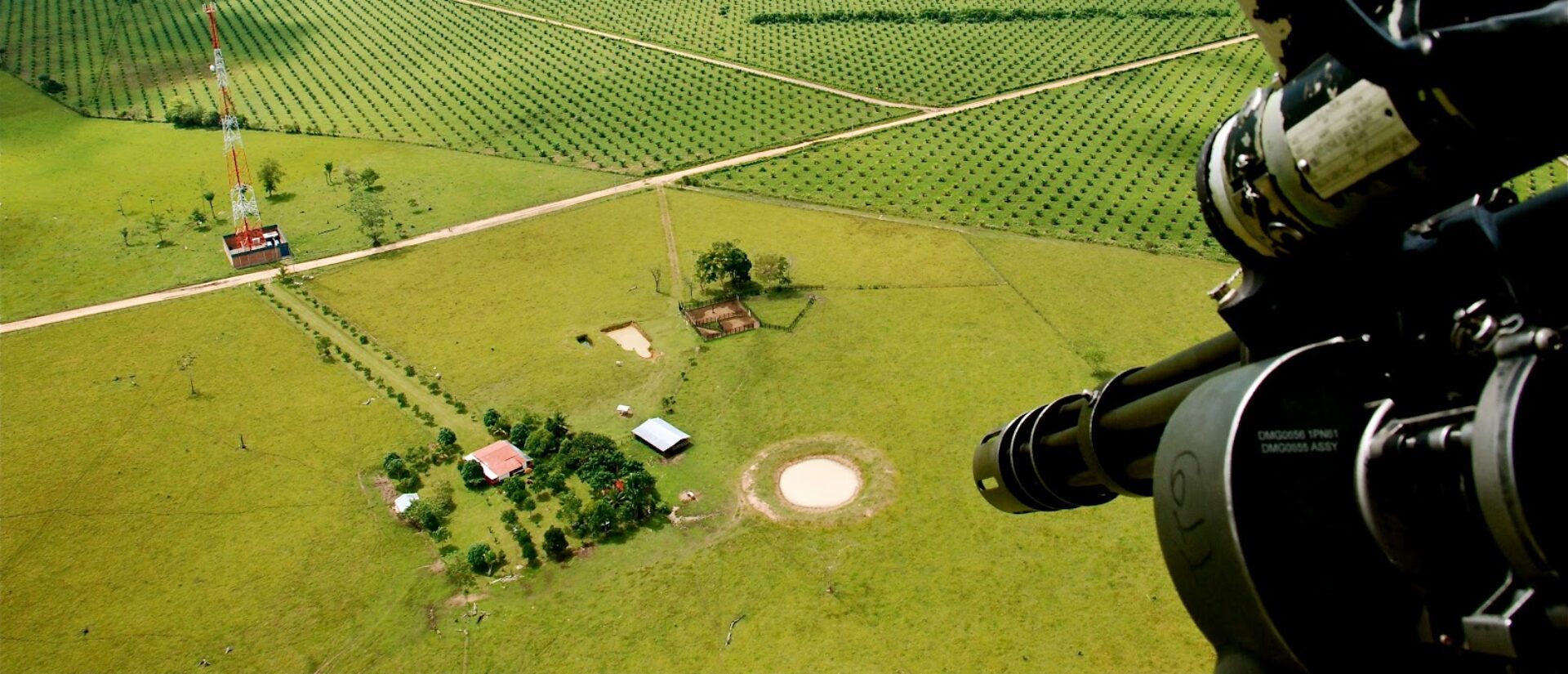
Living with war every day
Wars and conflicts continue to destabilise large parts of the world. In 2014, there were more than 400 political conflicts. This includes 21 full-fledged wars, spread over the entire world, but concentrated in the Middle East, the Maghreb region and Sub-Saharan Africa. Worldwide, 55 million people fled their homes – as refugees or as internally displaced people.
Risks and challenges around human rights and conflict
The result is that more and more businesses are currently operating in fragile and conflict-affected areas – either because they were already operating in a country when a conflict broke out, or because they arrived in a country that was already engaged in a conflict or during the post-conflict phase because they see opportunities for business. A new SOMO paper focuses on these risks and challenges, and offers recommendations on how to reduce business-related human rights violations in conflict-affected areas.
Human rights abuses in conflict-affected areas, the lack of corporate accountability in such situations and the risk of sparking or intensifying a conflict are three types of risks that this paper addresses. The report highlights a number of cases in the Democratic Republic of Congo to illustrate to what degree multinational companies are involved. A local subsidiary of Dutch beer manufacturer Heineken, for example, was allegedly paying taxes to rebel groups engaged in human rights violations. Meanwhile, a local subsidiary of the Swiss-German Danzer Group, a major timber company, was accused in a German court of complicity in a violent attack on local villagers by Congolese police and military forces. In a report published last year on cobalt mining in Katanga province, it was reported that a Chinese mining company has violently ended peaceful protests by workers to demand a fair remuneration and respect for their rights, with some protesters dying in the event.
“These cases are just some notable examples”, says SOMO researcher Mark van Dorp, “and they reflect some of the challenges that companies encounter when operating in conflict-affected areas. Companies are confronted with questions such as: Should they be paying rebels or security forces to protect their assets? What are the criteria for assessing whether local business partners have been engaged in war crimes? And how can companies avoid buying conflict minerals or agro-commodities? Ultimately, companies should take extra care to act responsibly when operating in conflict-affected areas, because the most serious human rights abuses take place in exactly those settings.”
This paper calls on governments to introduce measures to make ‘enhanced due diligence’ processes mandatory for any company, irrespective of where their operations are located, but with a special focus on companies operating in conflict-affected areas. The authors recommend that the Prosecutor of the International Criminal Court initiate an investigation into the conduct of corporate agents regarding their individual criminal liability for international crimes committed by their subsidiaries or business partners. This would complement the current practice of holding only political or military leaders criminally responsible. Moreover, the authors also propose including conflict sensitivity as a key aspect of international standards for responsible business practices that will serve as an added tool for the prevention of harmful practices of multinational companies in conflict settings.
Do you need more information?
-

Ilona Hartlief
Researcher
Related content
-
Multinationals and Conflict Published on:Mark van DorpPosted in category:PublicationMark van Dorp
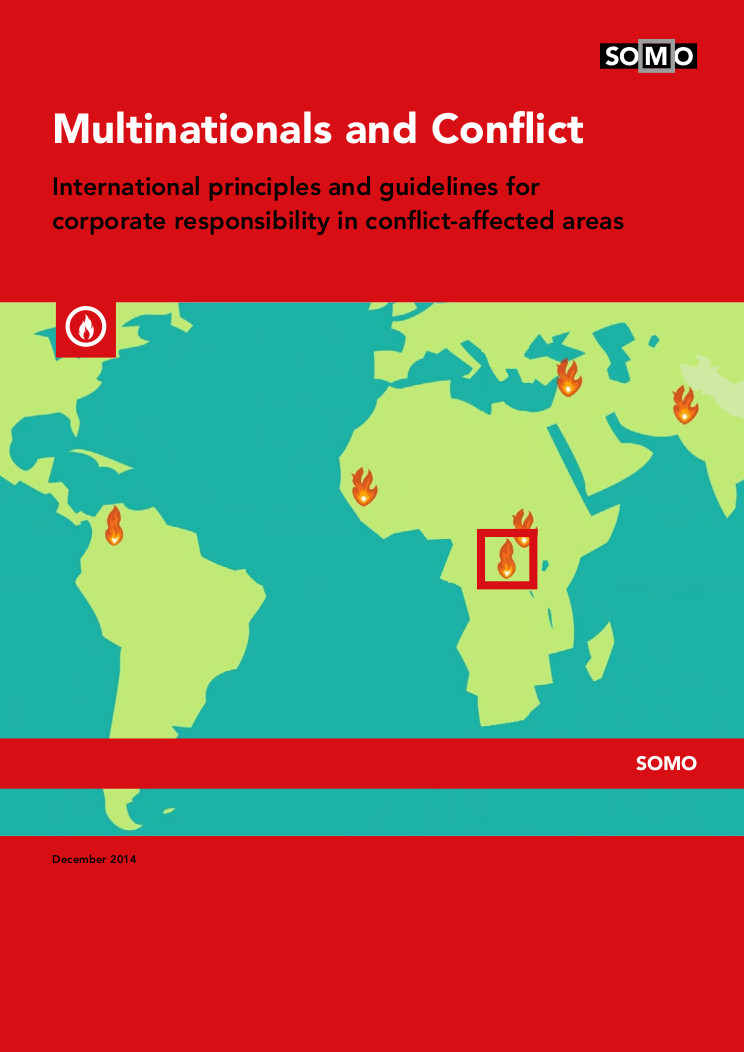
-
Conflict Due Diligence by European Companies Published on:
 Gisela ten KatePosted in category:Publication
Gisela ten KatePosted in category:Publication Gisela ten Kate
Gisela ten Kate
-

-
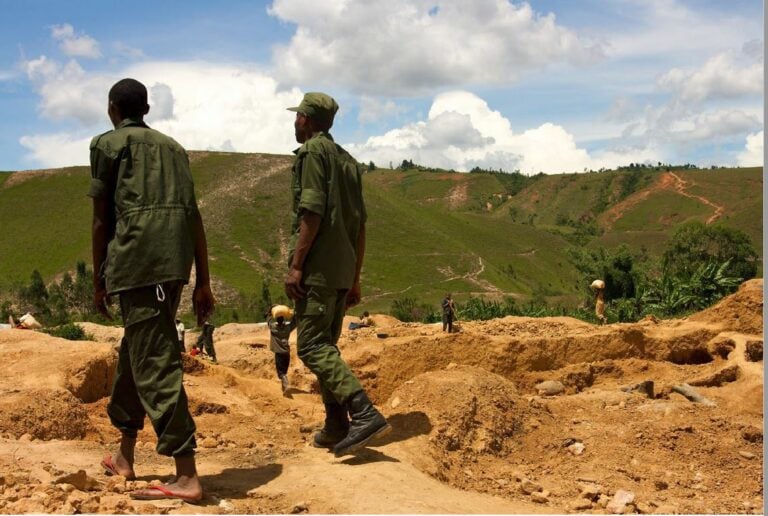
-
 Academics, policymakers and practitioners join forces in meeting about private sector and conflict sensitivityPosted in category:NewsPublished on:
Academics, policymakers and practitioners join forces in meeting about private sector and conflict sensitivityPosted in category:NewsPublished on: -

-
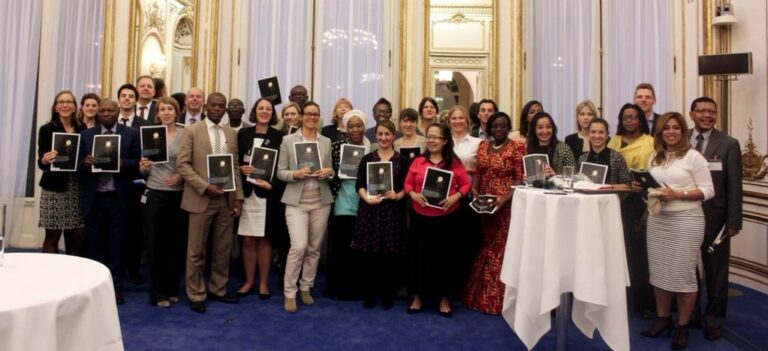
-
